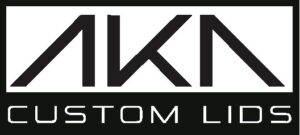- About
ABOUT US
- Membership
Membership
Discount Programs
Awards Programs
ABC Gear
- Events
- Services & Resources
HR, Labor & Legal
Construction Career Outreach
Legislative Advocacy
Business Growth
- Education & Apprenticeship
Training Calendar
Apprenticeship
Safety
- News
ABC Wisconsin News
ABC National News
- Contact Us







 In June, the Republican-controlled National Labor Relations Board (NLRB or Board) issued an employer-unfriendly decision concerning the acceptable scope of pre-dispute mandatory arbitration agreements between employers and employees. The case is Prime Healthcare Paradise Valley, LLC, 368 NLRB No. 10 (June 18, 2019),
In June, the Republican-controlled National Labor Relations Board (NLRB or Board) issued an employer-unfriendly decision concerning the acceptable scope of pre-dispute mandatory arbitration agreements between employers and employees. The case is Prime Healthcare Paradise Valley, LLC, 368 NLRB No. 10 (June 18, 2019), 





